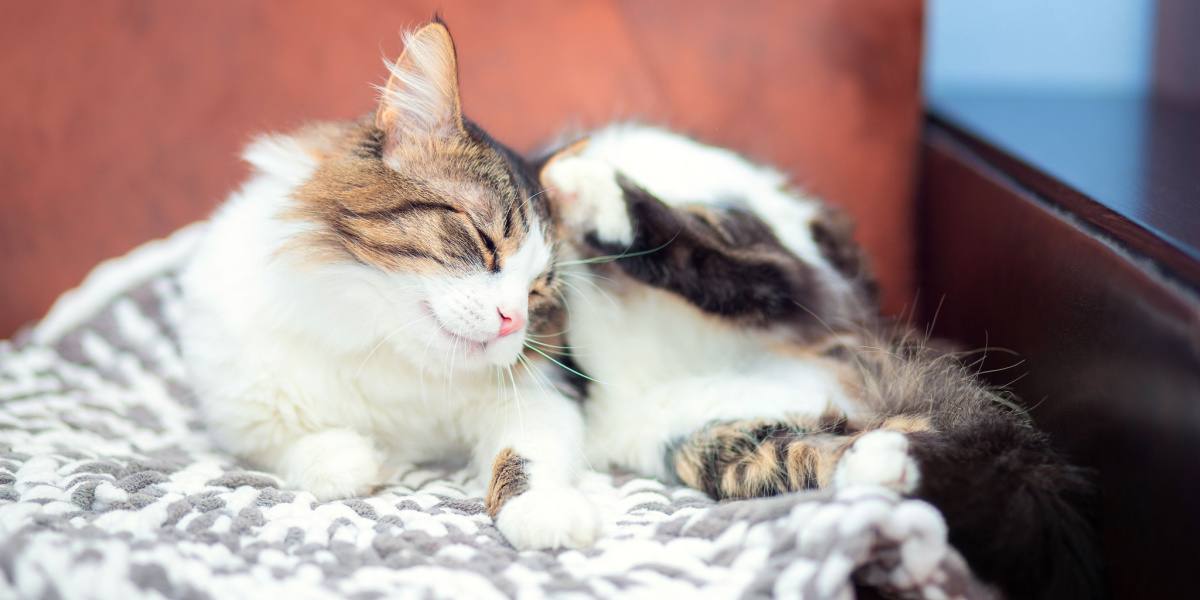
To identify the best flea shampoo for cats, I’ve researched the insecticides most commonly found in flea shampoos, evaluating toxicity information from OEHNA’s chemical database along with EPA pesticide risk assessments, and referring to the veterinary product database on Drugs.com.
Like most other flea treatment products, flea shampoos are notorious for their apparent connection to serious and sometimes fatal reactions.
Between the fearmongering and overly optimistic assessments of potentially toxic insecticides, it can be difficult to identify which products are a good choice to help control a flea problem. That’s where we come in.
At a Glance: The Best Flea Shampoo for Cats To Buy




In the comparison table below, we’ve highlighted some of the most important features of each product. You’ll find more detailed information about each product later in the article.

Sentry Purrscriptions Flea Shampoo for Cats
- Relatively mild formula
- Features one of the safest insecticides
- Most customer reviews are positive to neutral

Zodiac Flea & Tick Shampoo for Dogs and Cats
- Features a relatively safe insecticide
- A relatively low concentration of insecticide
- Most reviews are positive
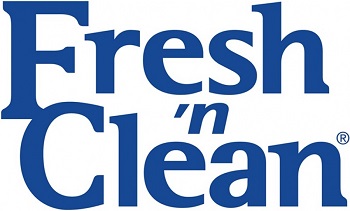
Fresh n’ Clean Flea Shampoo
- Uses a gentle, well-regarded insecticide
- Has coconut extract for conditioning
- A relatively low concentration of insecticide

Bayer Animal Health Advantage Shampoo Flea and Tick Treatment
- Strong reputation in the flea treatment space
- Made from relatively safe insecticides
- Gets primarily positive customer reviews

Veterinary Formula Clinical Care Flea & Tick Shampoo
- Available in 16 oz. and 1-gallon bottles
- Contains soothing ingredients like aloe and lanolin
- Gently cleanses and exfoliates the skin and coat

Adams Plus Flea & Tick Foaming Shampoo for Cats
- Foaming dispenser for drip-free administration
- Soothing ingredients for sensitive skin
- Kills fleas, eggs, and larvae for up to 28 days
In this article, you’ll learn about the insecticides used in flea shampoo, which ones are safe, which ones might hurt your cat, and how to choose a good product.
Is Flea Shampoo Safe for Cats?
The only truly safe flea shampoo is mild dish soap. Every insecticide or essential oil-based flea shampoo has been associated with some kind of negative reaction.
Yes, some products are safer than others, and yes, many people have used them without problems. But there’s always a risk.
If you do choose to take that risk, here’s how to make an intelligent decision.
Never treat your cat with a flea shampoo made for dogs. Because they groom themselves and are unable to process toxins the way some other animals can, cats need a special non-toxic flea shampoo. Always choose a flea shampoo explicitly made and marketed for cats.
Even if you use a product made and sold for cats only, you need to be careful to choose a product made with cat-safe insecticides.
Insecticide safety isn’t as clearly defined and regulated as you might imagine. Some chemicals are believed safe for years before a respected entity starts putting together the pieces and recognizes they’re not nearly as safe as previously assumed.
All insecticides are made to kill, and though we rely on them only killing insects instead of our pets, there is always the risk of toxicity. That’s why it’s important to be knowledgeable about the poisons used in your flea shampoo.
Click Here To Read: Best Cat Shampoo – Reviewing the Best Shampoo for Dandruff, Allergies, and More
Is Flea Shampoo Safe for Kittens?
Not only most flea shampoos, but most flea treatments, are unsafe for kittens under 12 weeks of age. If you have a very young kitten with fleas, the safest treatment option involves a combination of flea combing and bathing with a gentle dish soap as well as steps to remove fleas from the environment.
Flea Shampoo Ingredient Glossary
It’s essential that you familiarize yourself with the insecticides used in flea shampoo and can differentiate between safe products and those that could hurt your cat. Here are a few of the most common flea shampoo ingredients.
Pyrethrins
Pyrethrin insecticides are adulticides, so they only kill the adult fleas living on your cat’s body. They don’t do anything to prevent eggs from hatching and while they can ease your cat’s itching and help you to get the infestation under control, adulticides alone will not end an infestation.
Pyrethrins are naturally derived from the Chrysanthemum cinerariaefolium plant and other pyrethrum-related plant species.
Is It Safe?
It’s important to distinguish pyrethrins from their synthetic counterparts, pyrethroids, a category that includes the infamous chemical permethrin. You’ll often hear people fearmongering about “pyrethrins and permethrins” as if the two are equally dangerous to cats.
While synthetic pyrethroids are toxic to cats, pyrethrins appear to be safe as long as they’re applied correctly and in the appropriate concentration. Overdosing, ingesting, or inhaling pyrethrin chemicals, on the other hand, could cause signs of toxicity.
S-Methoprene
This insecticide is an insect growth regulator or IGR. While adulticides only kill adult fleas, IGRs prevent eggs and larvae from developing, thus keeping the infestation from spreading.
Known as a juvenile hormone analog, S-methoprene mimics an insect’s hormones and prevents fleas from producing eggs of their own. By interrupting the flea life cycle, this ingredient curbs the growth of the infestation.
Is It Safe?
According to the EPA’s fact sheet on IGRs, “Incidents of toxicity to cats from the use of products containing Methoprene have been reported to the Agency. EPA is investigating these incidents and evaluating domestic animal safety data for Methoprene to determine if the cause of the reported incidents is due to Methoprene or another ingredient in the products.”
Pyriproxyfen
Like S-methoprene, pyriproxyfen is an insect growth regulator. It kills flea larvae and prevents new eggs from developing.
Is It Safe?
Research on its safety and toxicity is limited. EPA testing on rodents showed, among other side effects, decreased body weight and toxicity in the tested animals’ offspring. While this chemical is generally considered safe, such results are concerning. You’d be justified in avoiding this insecticide.
Piperonyl Butoxide and N-Octyl Bicyclopheptene Dicarboximide
Neither piperonyl butoxide or n-octyl cycloheptene dicarboximide are insecticides. Instead, they’re synergists that help active insecticides to work effectively.
Inactive Ingredients
In addition to active ingredients like insecticides, cat flea shampoos usually contain some inactive ingredients to improve the consistency, color, scent, and feel of the product. These are usually safe, but it’s important to read the label to check for anything your cat is allergic or sensitive to.
“Natural” Flea Shampoos
Here’s the short story on so-called natural flea shampoos—they don’t work consistently and they could hurt your cat. They’re typically made from essential oils, which can be helpful when used on other animals, including dogs, but can make your cat very sick.
Essential oils are primarily composed of hydrocarbons and terpenoids. The problem is cats are deficient in glucuronidase, an enzyme that allows the liver to filter out these potential toxins.
Without this enzyme working to process the terpenoids absorbed by the body, they’ll start to build up and could make your cat sick.
Some argue that high-quality, pure essential oils are safe for cats, but it’s incredibly difficult to determine which oils are pure and which ones aren’t.
So What’s the Best Flea Shampoo for Cats?
Because the formulation has the best safety record of all products on the market, every flea shampoo on this list is fundamentally the same. They’re all pyrethrin-based shampoos varying only in concentration, labeling, and added inactive ingredients.
Need More Help? Check Out Our Complete Guide To Eradicating A Flea Infestation
Relevant Content:
Frequently Asked Questions
Do flea shampoos really work?
Flea shampoos are the most effective on adult fleas. Some are made with active ingredients that kill larvae and stop flea eggs from developing as well, helping control and prevent ongoing infestations.
What do vets recommend for fleas on cats?
It varies from one veterinarian to another, but many recommend topical flea treatments that kill fleas on contact and protect against infestation for up to 30 days. Topical flea treatments, capsules, and flea collars often utilize the same insecticides and insect growth regulators as flea shampoo, so it really just depends on what you’re comfortable using and what you can afford.
What is in Dawn dish soap that kills fleas?
Mild dish soaps like Dawn are the safest option for killing fleas on cats, especially in younger cats and kittens. Dish soaps act as surfactants, creating surface tension that compromises the exoskeletons of adult fleas. Without their exoskeleton for protection, the fleas will sink and essentially drown.
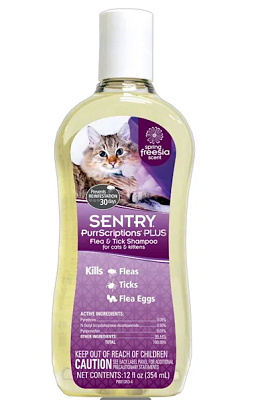
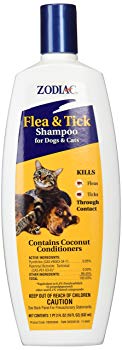
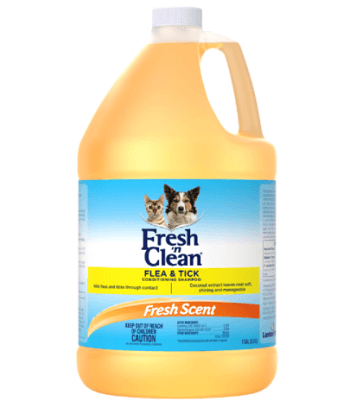
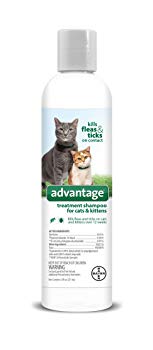
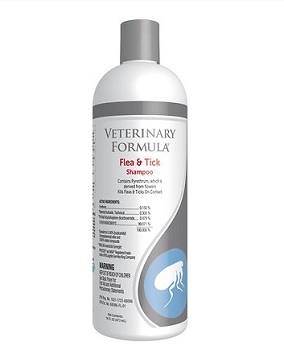






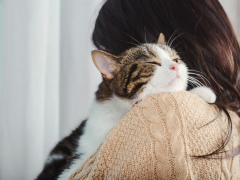
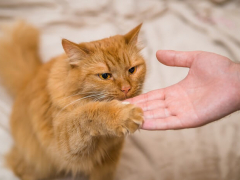
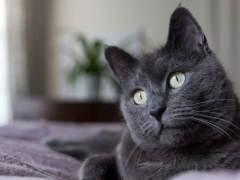

Another article with erroneous information negating the positive potential and proven efficacy of natural pet products including the use of essential oils in cats. Yet, you will promote a product like Sentry??? How much are they paying you to promote this poison??? (homeopathic/holistic pet practitioner)
Hi Lisa, thanks for commenting. The statements in this article were based on my independent research and not influenced by any companies. The potential benefits of essential oils and their safety or lack thereof are both areas that I am quite interested in, so I would love to open up a dialogue with you on this subject. I’ll send you an email and perhaps we can work together on adding some more nuance to future content. – Mallory